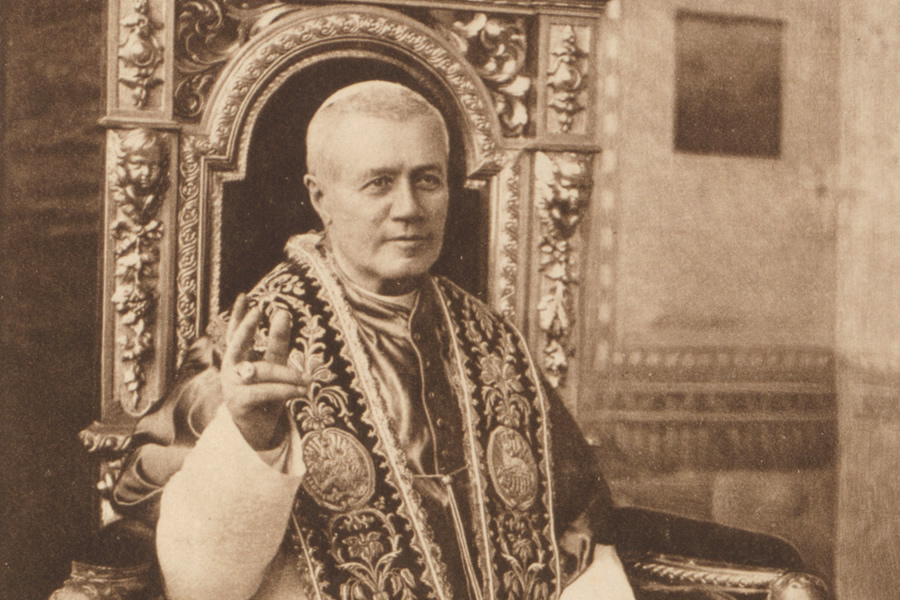
Gratitude and Hope
10-08-2017Weekly ReflectionFr. Will SchmidDedicated to all those who volunteer at our parish…
In 1972, nearly four and a half decades ago, a young popular German theologian and university professor by the name of Fr. Joseph Ratzinger (maybe you’ve heard of him) was invited to write an essay on the topic, “Why I am still in the Church.” His essay is one of the most beautiful I’ve ever read, and I think it provides some great food for thought as we seek to unpack these two themes of gratitude and hope.
Pope Benedict XVI’s essay is centered on the image of the moon as a way of understanding the identity and nature of the Church. The moon, as Pope Benedict explains, represents the world of men, the earthly world, the world that receives its identity and fruitfulness from somewhere else: from the sun. The light of the moon is borrowed light. It’s light is not its own, but rather the light of another. When we think of the moon, we think of the bright shining celestial body that lights up the sky and expels the darkness of the night. Because of the reflective light of the moon, we possess sight and thus, direction in the midst of dark times.
READ MORE
Pope St. Pius X and Liturgical Reform
10-01-2017Weekly ReflectionFr. Will SchmidWhen Cardinal Giuseppe Sarto inherited the chair of St. Peter in 1903 (assuming the name of Pope Pius X) the Catholic world was facing confusing times. The powerful influence of the Enlightenment, the rise of science, and a series of political, social, and intellectual upheavals in Europe resulted in a secularization of Europe. For the completely secularized European mind, the 19th century ushered in a new movement of “progress,” by which the world could throw aside the shackles of religion and provide human answers to human problems, freeing itself from the tyranny of religion, which only offered superstitions of a “supernatural order.”
Pope St. Pius X’s predecessor, Pope Leo XIII, worked tirelessly during a 25-year papacy (1878-1903) to reestablish the church’s viability within the modern world. The intellectual crown of his papacy was the famous social encyclical, Rerum novarum, in which the Church formally condemned the errors of communism and socialism, and built up a theology of worker’s rights and man’s right to private property. Yet, although Pope Leo XIII’s long papacy was an outstanding gift to the Church and the world, the secularization of Europe had done serious damage to the faith of many Catholics.
READ MORE